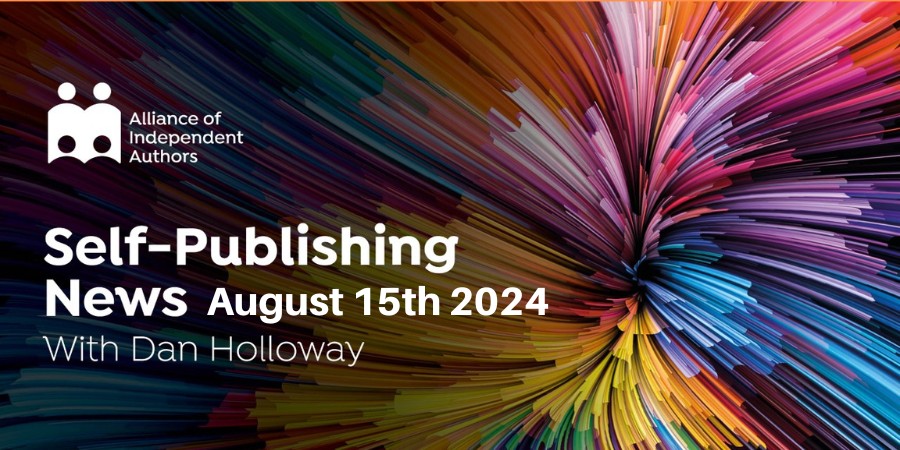In recent weeks, we’ve increasingly seen a tendency for bridge-building between technology and creative stakeholders when it comes to AI, but the Creators’ Rights Alliance (CRA) is taking a firmer stand. This UK-based organization has declared that it “does not authorize” the use of its members' creative outputs for AI training, particularly generative AI models in its campaign against unlicensed AI use.

ALLi News Editor, Dan Holloway
The Creators’ Rights Alliance, fronted by former Society of Authors head Nicola Solomon, is an umbrella body representing various organizations across the creative industries in the UK, including writing, journalism, and acting.
The demands of the CRA reflect many of the principles enshrined in the European Union’s AI Act, without directly mentioning it. I find it interesting that now, with a piece of legislation on the books, it is harder for tech companies to argue, “this can’t be done” in response to demands that are already in force by law in a major trading bloc. The answer creatives can now give is, “you’re already doing it.”
Those demands include transparency and specific, upfront negotiation around compensation levels for the use of material. There is also a call for recognition of past use of material that may not yet have been compensated. It will be interesting to see how receptive the new UK government is to these demands.
 Speaking of technology, HarperCollins has claimed that a surge in audiobook sales has greatly contributed to its highly successful year ending in June 2024, which saw double-digit growth in pre-tax earnings according to recent reports. It seems that the entry of Spotify into the market is, for now, being hailed as a positive development for sales following the company's recent struggles. The Spotify-Audible rivalry and the attempt by both to capture a still-growing audio market have led to strong sales.
Speaking of technology, HarperCollins has claimed that a surge in audiobook sales has greatly contributed to its highly successful year ending in June 2024, which saw double-digit growth in pre-tax earnings according to recent reports. It seems that the entry of Spotify into the market is, for now, being hailed as a positive development for sales following the company's recent struggles. The Spotify-Audible rivalry and the attempt by both to capture a still-growing audio market have led to strong sales.
This, of course, has the potential to benefit indies as much as HarperCollins, with growing public awareness of the audiobook platforms leading to greater discovery of our work once people arrive on those platforms. What is less clear is how beneficial any resulting dominant market positions will be in the long term as royalty rates stabilize.




